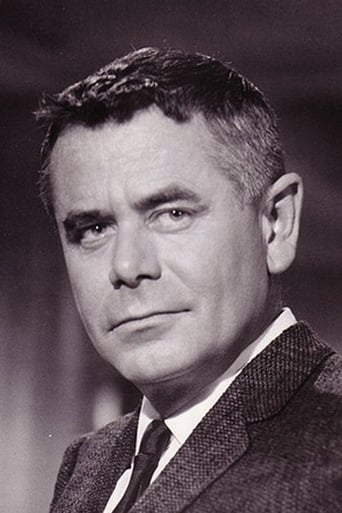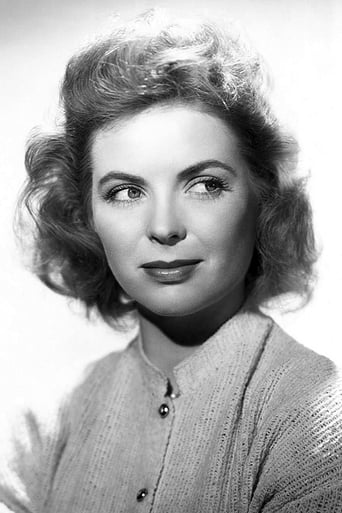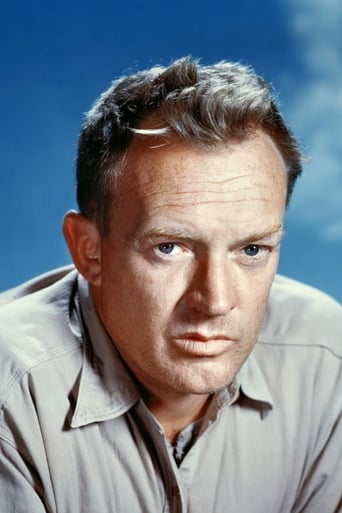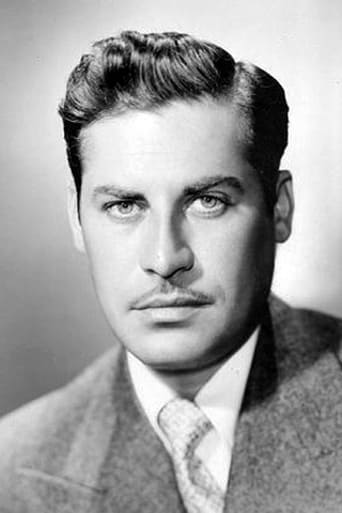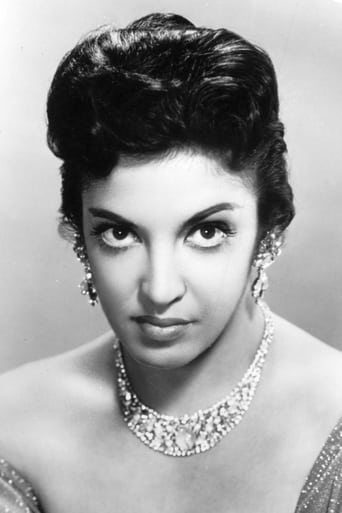Robert J. Maxwell
Glenn Ford, a law professor, carries about a cigarette lighter with a Latin inscription that translates as "Where there is a wrong, there is a remedy." Here we see that the application of the remedy can lead to an iatrogenic disease.Poor, young, Mexican, Rafael Campos, is found standing over the dead body of a young girl on the beach. The girl has suffered from rheumatic fever and has died, in the opinion of the medical examiner, from heart failure induced by violent exertion. The consensus is that Campos had been pursuing her with rape on his mind and that this is therefore a case of felony murder.The loud-mouthed bigots of San Juno are organized and they and their leader intrude on the quiet funeral ceremony of the dead girl, forcing the Padre to say two blessings, one before and one after their rabble-rousing racist pronouncements.Later, they form a mob in front of the jail and assault the iron gate, trying to break it down in order to lynch Campos. The sheriff doesn't have enough men to prevent them but he talks the hoi polloi out of it anyway for reasons of political advantage. He doesn't care about the kid but he wants to be reelected.So far, so humdrum.A minority kid is about to be railroaded into the slams for an alleged sex crime and barely escapes murder by an aroused crowd of white zealots. We've seen it all before.We even anticipate it when Glenn Ford is drawn into the case under the auspices of the Libbo lawyer Arthur Kennedy, and we anticipate too that while Kennedy is out scraping together enough money to fund the defense, Ford -- in his first trial -- will get the kid off, maybe with some other guilty party breaking down on the stand and sobbing, "I DID it. I DID IT! But I only meant to scare her." Not this time.As one of the "good guys", the smirking Arthur Kennedy, in his villainous mode, is immediately jarring to our seasoned sensibilities. In his first meeting with the defendant and his family, he shoves the hysterical mother around and whacks Campos across the face to force him to admit that he tried to rape the girl, while innocent Glenn Ford stands aghast.It isn't long before we learn that Kennedy is a communist and is using Rafael Campos to generate a lot of cash -- only some of which will go the defense fund, while the rest winds up in the pockets of the party. Not only is Kennedy a commie, he also pronounces the defendants name with the wrong initial phoneme -- Shh, instead of Tch -- as if it were a French verb in the second person.By the end of the trial, the Communist Party line has changed. They no longer want to get Campos off. They've decided that he'd be more useful as a martyr, so Kennedy does everything he can to sabotage the defense -- firing Ford (who was about to win the case) and disrupting the court by calling the judge, reliable old Juano Hernandez, a "handkerchief head" and an "Uncle Tom." The judge is pretty savvy, however, and by this time Ford has wised up enough to save the kid from the guillotine, but not from prison.The plot is as disjointed as hell. It wanders all over the place, poking into narrative corners, dwelling too long on incidental characters like the sheriff and the victim's family and the defendant's mother.But, in its own, somewhat obstreperous way, it's more challenging than most of the courtroom dramas that wind up on film. It shouldn't have been called "Trial" because the focus here is chiefly on what goes on behind the scenes, after court is adjourned. The extremists on both sides have a spotlight turned on them and they enjoy it. And the film raises questions that the usual formula does not. Not everyone on the "good" side is respectable. The money is shady, raised from people under deceptive circumstances. Should it be used, even if it's "bad" money? When Ford demurs, Kennedy replies with a question: What would you rather have? Fifty thousand dollars for a defense fund or one hundred and six? Good question too. Suppose a convincingly innocent-looking Muslim is on trial for some terrorist act. Should the defense accept funds from some Jihadist organization? Would it be better to shun such money and have the defendant convicted? Tough ethical stuff.The film is weakened by overacting. That's Mark Robson, the director. He's in charge of such things. And some viewers might be put off by the lack of the usual Manichaean divide between black and white, the absence of clear good and evil, a feature that I think is the movie's main virtue. What I mean is that it's not reassuring. It prompts us to think, to question our conception of the justice system, to wonder about our beliefs. That's an irritant. As Charles Sanders Peirce said, "Belief is thought -- at rest."
tom-1536
Trial is a very powerful film with a believable story line, revolving around a young Mexican/American boy accused in the death of a teenage girl with a heart condition, the death being caused by an alleged sexual assault. It first appears to be a straightforward courtroom drama, but before long, the plot begins to unfold revealing the film's ulterior message: That nothing is as it appears! The film's pronounced right-wing position does not seem at all offensive, as it clearly shows to what extent the political left will go to achieve it's agenda. As it is portrayed here, one is sickened as an ultra-left lawyer at first appears to be genuinely concerned with his client's case. At this point in my review, to go further in this direction would be a "Spoiler". If you get the opportunity to see this film, don't miss it! I've only seen it twice, both times on Turner Classic Movies; I do not know if it is available on either VHS or DVD.
Max45
A 50's movie which challenges extremism at many levels. Bigotry, police corruption, mob mentality and communist subversion all are taken to task in this movie. A young Hispanic boy is accused of murdering a young white girl. Glen Ford, a law academic with no practical experience takes the case to learn what it is like to handle a real case rather than one from a text book. He is an incredible teacher, but will he be as good in the real world.Throughout the story see then towns people wanting to hang the boy, the subversion of a communist sympathizer who uses the young man and his mother to further his cause, corrupt police, real-estate hungry bigots and more.Truth win out in the end. However, Fords character is challenged by the trial judge, brilliantly played by Juana Hernandez, and his own bigotry (Sydney Portier does the same to Ford in "The Blackboard Jungle".Over all a good movie set in the cold war era. It is a film where consensus is fought for and truth prevails.
Christopher Pike
Surprisingly, this movie is very entertaining. Some parts are unintentionally humorous, and it's not one of the all-time greats, but it is well worth watching. It's much more involving than most movies of its day.
